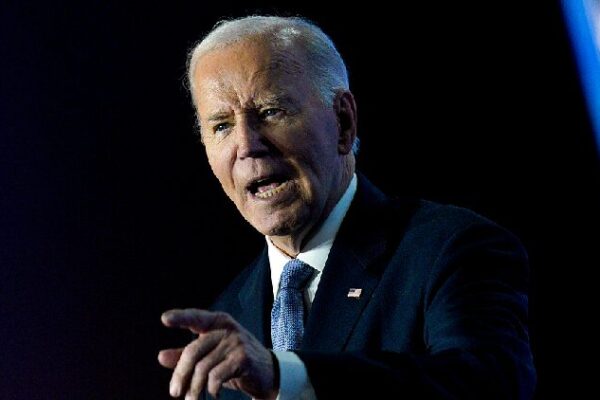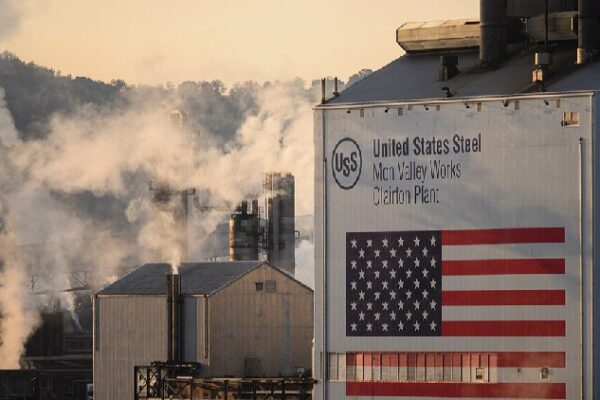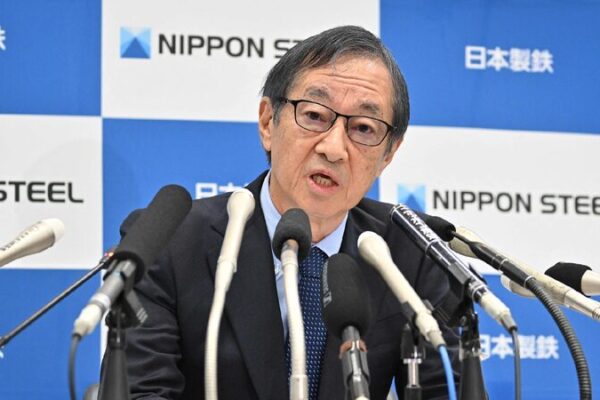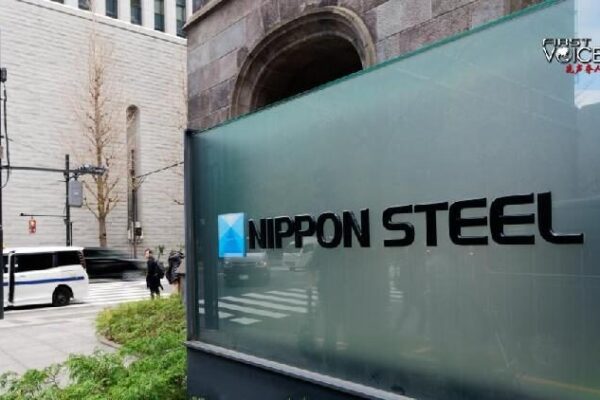In a surprising move, the United States has blocked Japan’s Nippon Steel from acquiring U.S. Steel in a $14.3 billion deal, citing national security concerns.
This decision has stirred conversations about the strength and complexity of U.S.-Japan relations. Despite being close allies cooperating on global initiatives, the U.S. is taking a cautious stance when it comes to safeguarding strategic industries.
Officials argue that blocking the deal protects 14,000 American jobs and maintains control over essential infrastructure. However, U.S. Steel has warned that without the acquisition, outdated facilities may lead to plant closures and job losses.
Nippon Steel aimed to modernize U.S. Steel’s operations, introducing advanced technology to enhance efficiency. The company also pledged to keep operations running in Pennsylvania, addressing local economic concerns.
This incident highlights the delicate balance between national security and global trade partnerships. It raises important questions: Can close allies overcome mistrust in strategic sectors? How will this affect future international investments?
The outcome of this blocked deal could influence global trade dynamics. Young adults around the world are watching to see how these developments might shape economic and diplomatic relationships in the years to come.
Reference(s):
cgtn.com








